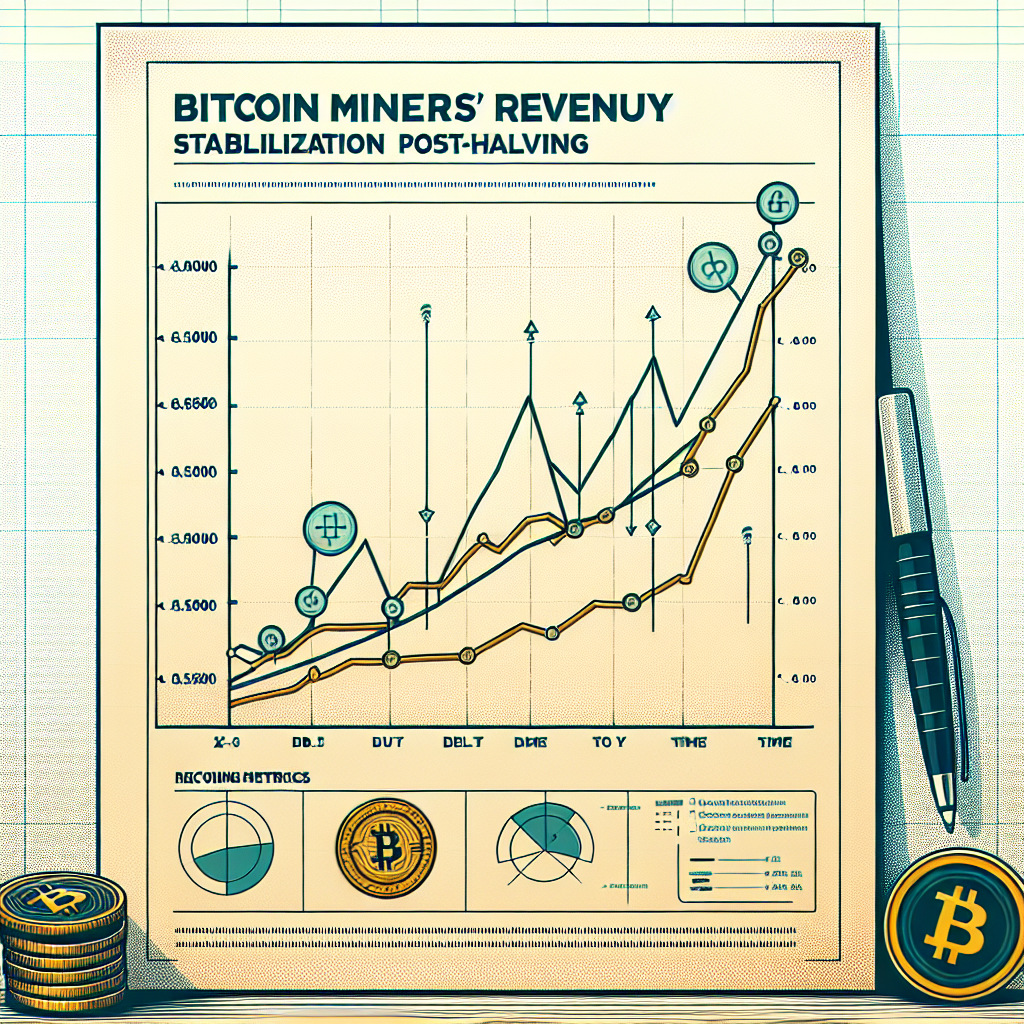
Major Economic Developments Shaping Global Markets on April 1, 2025
On April 1, 2025, global markets experienced significant economic developments that have begun reshaping investor sentiment and market dynamics worldwide. Central banks across major economies have announced policy adjustments aimed at stabilizing inflationary pressures and addressing persistent economic uncertainties. The U.S. Federal Reserve, in particular, has signaled a cautious approach by maintaining interest rates steady, citing the need to balance inflation control with sustained economic growth. This decision has provided temporary relief to investors who had anticipated further tightening measures, resulting in moderate gains across major U.S. stock indices.
Meanwhile, the European Central Bank (ECB) has taken a slightly different stance, opting to raise interest rates by 25 basis points in response to persistent inflationary pressures within the Eurozone. ECB President Christine Lagarde emphasized the necessity of this move, highlighting the bank’s commitment to price stability and economic resilience. Consequently, European markets reacted cautiously, with investors closely monitoring the potential impact of higher borrowing costs on consumer spending and corporate profitability.
In Asia, China’s latest economic data release indicated stronger-than-expected manufacturing activity, signaling a robust recovery following recent disruptions caused by supply chain bottlenecks and geopolitical tensions. The Purchasing Managers’ Index (PMI) for China’s manufacturing sector rose to its highest level in nearly two years, driven by increased domestic demand and improved export orders. This positive development has boosted investor confidence in the region, leading to notable gains in Asian equity markets and providing optimism for sustained economic growth in the coming months.
However, despite these encouraging signs, global markets remain wary of ongoing geopolitical uncertainties, particularly concerning trade relations and energy supplies. Recent tensions between major oil-producing nations have led to volatility in energy markets, with crude oil prices experiencing fluctuations throughout the trading day. Analysts caution that prolonged instability in energy prices could pose risks to global economic recovery, potentially exacerbating inflationary pressures and dampening consumer confidence.
In addition to energy market volatility, the global technology sector faces renewed scrutiny as regulatory authorities in multiple jurisdictions intensify their oversight of major tech corporations. On April 1, 2025, regulators in the United States and Europe announced coordinated investigations into alleged anti-competitive practices among leading technology firms. These investigations have raised concerns among investors regarding potential disruptions to business operations and profitability, resulting in declines in technology stocks across global markets.
Furthermore, emerging markets have witnessed mixed economic signals, with some countries benefiting from increased commodity prices, while others grapple with currency depreciation and rising debt burdens. Brazil and South Africa, for instance, have experienced positive momentum due to higher commodity exports, bolstering their currencies and attracting foreign investment. Conversely, nations such as Turkey and Argentina continue to face economic challenges, including high inflation rates and currency instability, prompting investors to adopt a cautious stance toward these markets.
Overall, the economic developments observed on April 1, 2025, underscore the complex interplay of monetary policy decisions, geopolitical tensions, regulatory actions, and regional economic dynamics shaping global markets. Investors and policymakers alike must remain vigilant and adaptive, carefully assessing evolving conditions to navigate the uncertainties and opportunities presented by the current economic landscape.
Key Political Events and Decisions Announced Today, April 1, 2025

Today, April 1, 2025, has been marked by several significant political developments and policy announcements that have captured national and international attention. Early this morning, the government unveiled a comprehensive economic reform package aimed at stabilizing inflation and stimulating growth. The package includes targeted tax incentives for small businesses, increased funding for infrastructure projects, and measures designed to attract foreign investment. In a press conference held shortly after the announcement, the Finance Minister emphasized that these reforms are essential to maintaining economic stability and ensuring sustainable growth over the coming years.
In addition to economic reforms, the government has also announced a major shift in environmental policy. Responding to growing public concern over climate change, officials revealed ambitious new targets aimed at significantly reducing carbon emissions by 2030. The Environment Minister outlined plans to expand renewable energy infrastructure, including substantial investments in solar and wind power projects. Furthermore, stricter regulations on industrial emissions and incentives for businesses adopting green technologies were introduced. These measures reflect the government’s commitment to addressing climate change proactively and aligning national policies with international environmental standards.
Meanwhile, in the legislative arena, parliament passed a landmark education bill today, designed to overhaul the national curriculum and improve educational outcomes across the country. The new legislation emphasizes digital literacy, critical thinking, and vocational training, aiming to better prepare students for the evolving job market. Education officials have praised the bill as a significant step forward, highlighting its potential to bridge existing skill gaps and enhance the nation’s competitiveness on the global stage. Opposition parties, however, have expressed concerns regarding the implementation timeline and funding mechanisms, calling for greater transparency and accountability in the rollout process.
On the international front, diplomatic relations took center stage as the Foreign Minister announced a new bilateral agreement with neighboring countries aimed at enhancing regional security and cooperation. The agreement includes joint initiatives to combat cross-border crime, terrorism, and human trafficking, as well as increased collaboration on trade and economic development. Analysts have welcomed this development, noting that strengthened regional ties could lead to greater stability and prosperity for all involved nations. Additionally, the Foreign Minister confirmed plans for an upcoming summit scheduled later this year, where leaders will discuss further avenues for cooperation and mutual support.
Domestically, the government also addressed ongoing concerns regarding healthcare accessibility and affordability. Today, officials announced a significant expansion of public healthcare services, including increased funding for rural hospitals and clinics, improved access to essential medications, and enhanced training programs for healthcare professionals. The Health Minister emphasized that these initiatives are designed to ensure equitable healthcare access for all citizens, particularly those in underserved communities. While the announcement has been broadly welcomed by healthcare advocates, some critics have questioned whether the allocated funding will be sufficient to achieve the ambitious goals outlined by the government.
Overall, today’s political events and decisions reflect a clear governmental focus on addressing critical economic, environmental, educational, diplomatic, and healthcare challenges facing the nation. As these policies and initiatives begin to take shape, citizens and analysts alike will closely monitor their implementation and impact, recognizing that the effectiveness of these measures will significantly influence the country’s trajectory in the coming years.
Top Technology Innovations and Breakthroughs Reported on April 1, 2025
On April 1, 2025, the technology sector witnessed several groundbreaking innovations and advancements, marking a significant milestone in various fields. Among the most notable developments was the unveiling of a revolutionary quantum computing system by QuantumTech Inc., which promises to dramatically accelerate computational capabilities. This new quantum computer, named QuantumLeap, reportedly achieves unprecedented processing speeds, enabling complex calculations that were previously considered impossible. Experts predict that QuantumLeap will significantly impact industries such as pharmaceuticals, finance, and artificial intelligence, where rapid data processing and analysis are crucial.
In parallel with quantum computing advancements, artificial intelligence technology also reached new heights today. AI giant Neural Dynamics introduced its latest AI model, Aurora, which demonstrates remarkable improvements in natural language processing and decision-making capabilities. Aurora’s sophisticated algorithms allow it to understand context and nuance more effectively than previous models, paving the way for more intuitive and human-like interactions between machines and users. Industry analysts anticipate that Aurora’s enhanced capabilities will revolutionize customer service, healthcare diagnostics, and autonomous vehicle technology, among other sectors.
Meanwhile, in the realm of renewable energy, SolarGen Technologies announced a significant breakthrough in solar panel efficiency. The company’s researchers have successfully developed photovoltaic cells capable of converting sunlight into electricity at an efficiency rate of nearly 50 percent, a substantial improvement over current industry standards. This advancement is expected to accelerate the global transition toward renewable energy sources, reducing reliance on fossil fuels and significantly lowering greenhouse gas emissions. SolarGen Technologies plans to begin commercial production of these high-efficiency solar panels within the next year, aiming to make sustainable energy more accessible and affordable worldwide.
Additionally, biotechnology firm BioInnovate revealed a pioneering gene-editing technique that could revolutionize medical treatments. Utilizing an advanced version of CRISPR technology, BioInnovate’s researchers have developed a method capable of precisely targeting and correcting genetic mutations associated with various hereditary diseases. Early clinical trials have demonstrated promising results, indicating the potential for this technology to effectively treat conditions such as cystic fibrosis, sickle cell anemia, and certain forms of inherited blindness. Medical experts are optimistic that this breakthrough will significantly enhance patient outcomes and quality of life, ushering in a new era of personalized medicine.
In the transportation sector, HyperTransit unveiled its latest high-speed transportation system, the HyperLoop X, designed to drastically reduce travel times between major cities. Utilizing magnetic levitation and vacuum tube technology, the HyperLoop X can reportedly achieve speeds exceeding 1,000 kilometers per hour, significantly faster than conventional high-speed trains. Initial tests conducted today demonstrated the system’s safety and reliability, generating considerable excitement among transportation experts and urban planners. HyperTransit aims to implement the HyperLoop X in several major metropolitan areas within the next five years, potentially transforming urban mobility and reducing congestion in densely populated regions.
Collectively, these technological breakthroughs reported on April 1, 2025, highlight the rapid pace of innovation across multiple industries. From quantum computing and artificial intelligence to renewable energy, biotechnology, and transportation, today’s advancements promise to reshape society, drive economic growth, and improve quality of life on a global scale.




